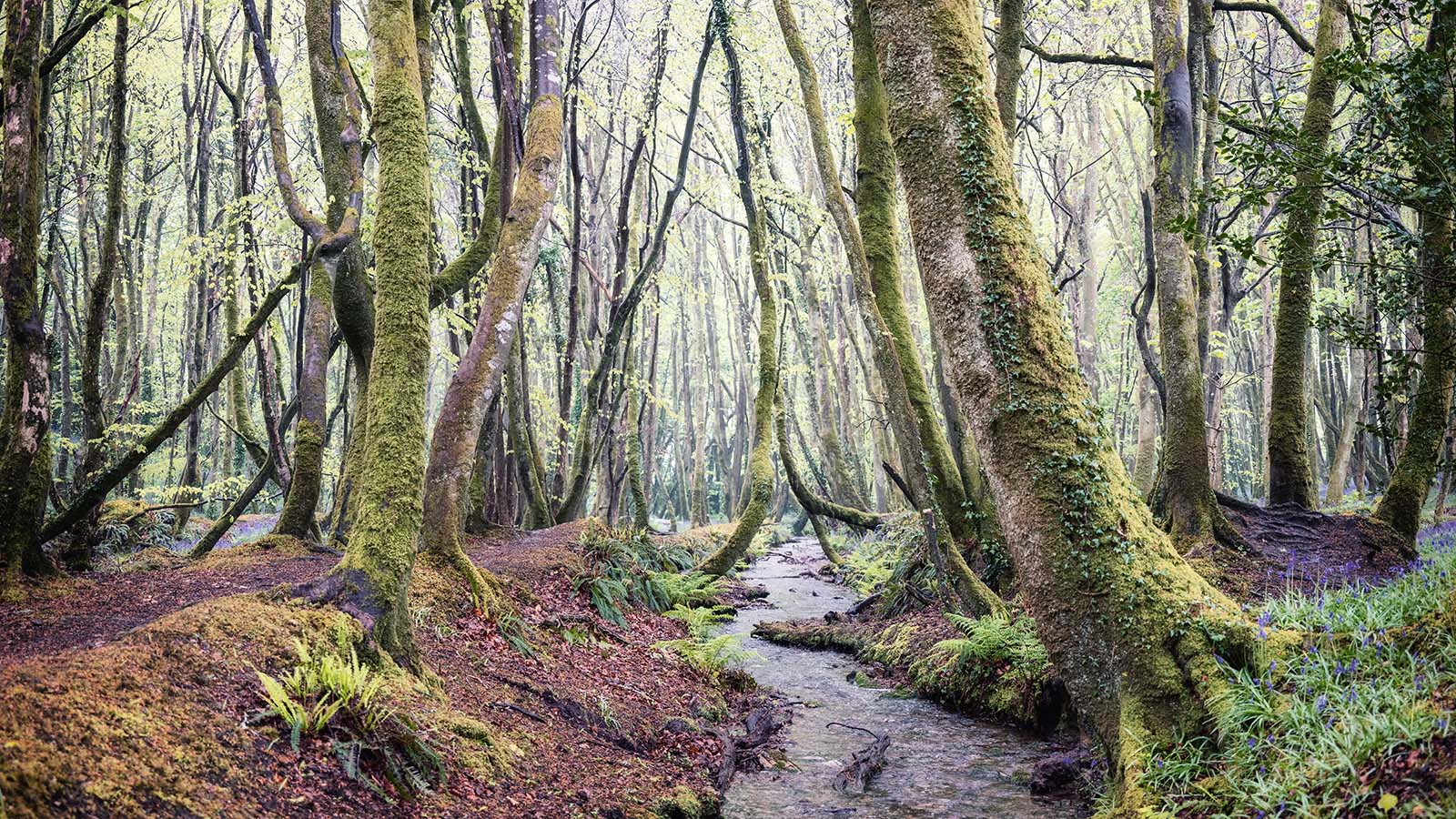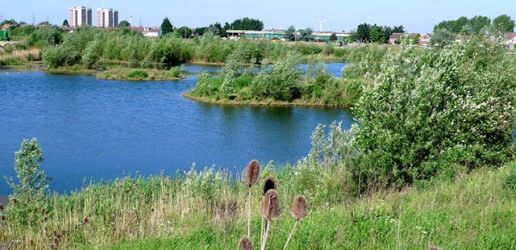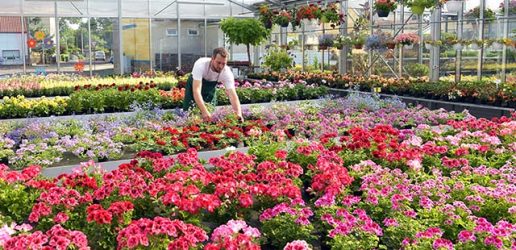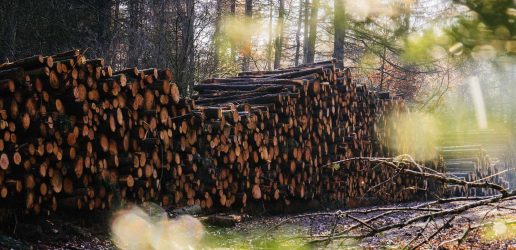Forest Research is looking for people who may be involved in planning decisions relating to existing woodlands in England to take part in a survey about the language used to describe old woodland.
This survey is aimed at four groups:
- Private woodland owners (i.e. people who own or lease woodland which includes woodland believed to be at least 100 years old)
- Grassroots woodland supporters (i.e. people who hold a voluntary role supporting local woodland, for example, a member of a ‘friends of’ group, or community initiative)
- Environmental advisors involved in planning decisions (i.e. those with some experience in planning-related projects involving existing woodland)
- Local authority planning professionals (i.e. those with some experience in planning-related projects involving existing woodland)
The survey takes just five to ten minutes.
By taking part, you’ll help us to understand how terms such as ‘ancient woodland’, ‘long-established woodland’, and ‘irreplaceable habitat’ are interpreted. We’ll compare our findings from the four groups to highlight where interpretations align or differ. This will help us to explore how woodland-related terms are understood and used in planning contexts in England.
The project is funded by Defra and Natural England.

Recent News
View All news
New land regeneration resources for creating green spaces on previously used land now available
The new resources bring together the latest learnings on land regeneration and climate change, and optimal soil thickness for planting on previously used land.

New national survey launched to strengthen plant pest and disease detection across UK horticulture
UK horticulture and landscaping businesses invited to take part in survey to strengthen non-native plant pest and disease detection and reporting.
Forestry and timber businesses across the UK are being asked to take part in an annual survey programme to collect data about the UK timber industry.

New land regeneration resources for creating green spaces on previously used land now available
The new resources bring together the latest learnings on land regeneration and climate change, and optimal soil thickness for planting on previously used land.

New national survey launched to strengthen plant pest and disease detection across UK horticulture
UK horticulture and landscaping businesses invited to take part in survey to strengthen non-native plant pest and disease detection and reporting.
Forestry and timber businesses across the UK are being asked to take part in an annual survey programme to collect data about the UK timber industry.

